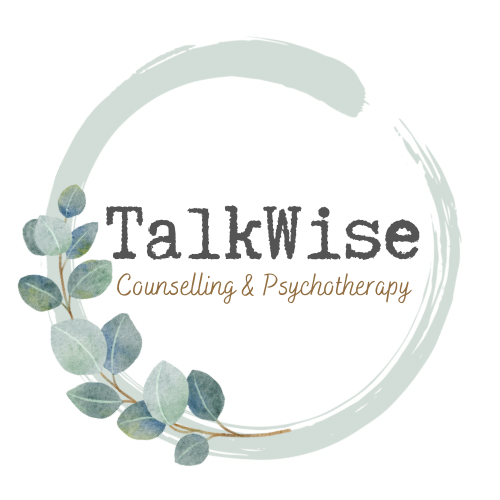Exploring the Multifaceted Mind
A Review of “No Bad Parts” by Richard Schwartz
In the realm of self-help and psychology, “No Bad Parts” by Richard Schwartz stands out as a transformative work that challenges conventional notions about the mind’s structure and the nature of our inner selves. This book is particularly relevant for those seeking to understand the complexities of their psyche, making it a valuable recommendation for counselling clients.
Schwartz introduces the Internal Family Systems (IFS) model, a revolutionary concept that posits we are made up of multiple sub-minds or parts, rather than a singular identity. These parts are not mere figments of imagination but are real and active elements of our internal family. The IFS model has shown remarkable effectiveness in areas such as trauma recovery, addiction therapy, and depression treatment.
One of the most striking quotes from the book is, “Compassion as a spontaneous aspect of Self blew my mind, because I’d always assumed and learned that compassion was something you had to develop”. This statement encapsulates the essence of Schwartz’s message: the inherent goodness within each individual and the potential for self-healing through understanding and loving all parts of oneself.
Schwartz’s work is a call to overturn the outdated mono-mind model and embrace a new approach to mental wellness. He emphasises that no part of us is inherently bad; even those we might consider disruptive or harmful are simply carrying burdens from past traumas or cultural beliefs. By engaging with these parts and unburdening them, they can return to their essential goodness.
The book is filled with exercises and practical advice for mapping your parts, accessing the Self, and working with protectors and triggers. It’s a guide that encourages readers to embark on a journey of self-discovery and healing.
For counselling clients, “No Bad Parts” offers a compassionate and empowering perspective on mental health. It provides tools for self-exploration and fosters an environment of internal harmony. Reading this book may be a pivotal step in the therapeutic process, offering a path to restore wholeness and embrace the multiplicity of our inner world.
In summary, “No Bad Parts” is more than just a book; it’s a movement towards understanding the self in a deeper and more compassionate way. It’s a must-read for anyone on a quest for self-improvement and a valuable resource for those in the field of counselling.
References:
– Schwartz, R. C. (2021). No Bad Parts: Healing Trauma and Restoring Wholeness with the Internal Family Systems Model. Goodreads.
– Rohde, P. (n.d.). No Bad Parts by Richard C. Schwartz: Summary and Notes.

